
Blog

“Teachers need less not more autonomy”!
What if I came out and said that "I believe school leaders should be demanding 'less' rather than 'more' autonomy" from their teachers? Or that "Secondary schools have become de facto mental health/life-skill services for many students", because of inadequate educational preparation by our primary schools? Would I be tarred and feathered?

Tracing Two Centuries of Maths Education in Australia
Inspired by Madeleine L'Engle's words, “To understand the present fully, you must understand the past,” I embarked on an exploration into the history of maths education reforms in Australia. My guide on this journey was the insightful article by Ellerton & Clements, "Reshaping School Mathematics in Australia 1788-1988."
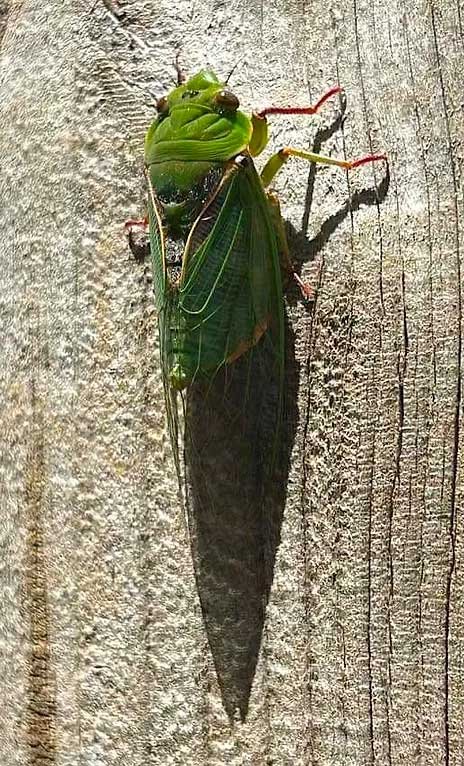
Are you smarter than a Cicada? A dive into primes
This week I spotted something quite extraordinary. Meet this little fella (although 'little' might not be the best word)!
I wasn't expecting to see one of these guys for another 4-5 years. This is because cicadas appearance correlates with quite a unique mathematical pattern. One that is directly and purposefully linked to prime numbers.

The Tights Paradox: A Leg-gendary Statistical Analysis
The likelihood of wearing tights is directly proportional to the difficulty involved in putting them on.
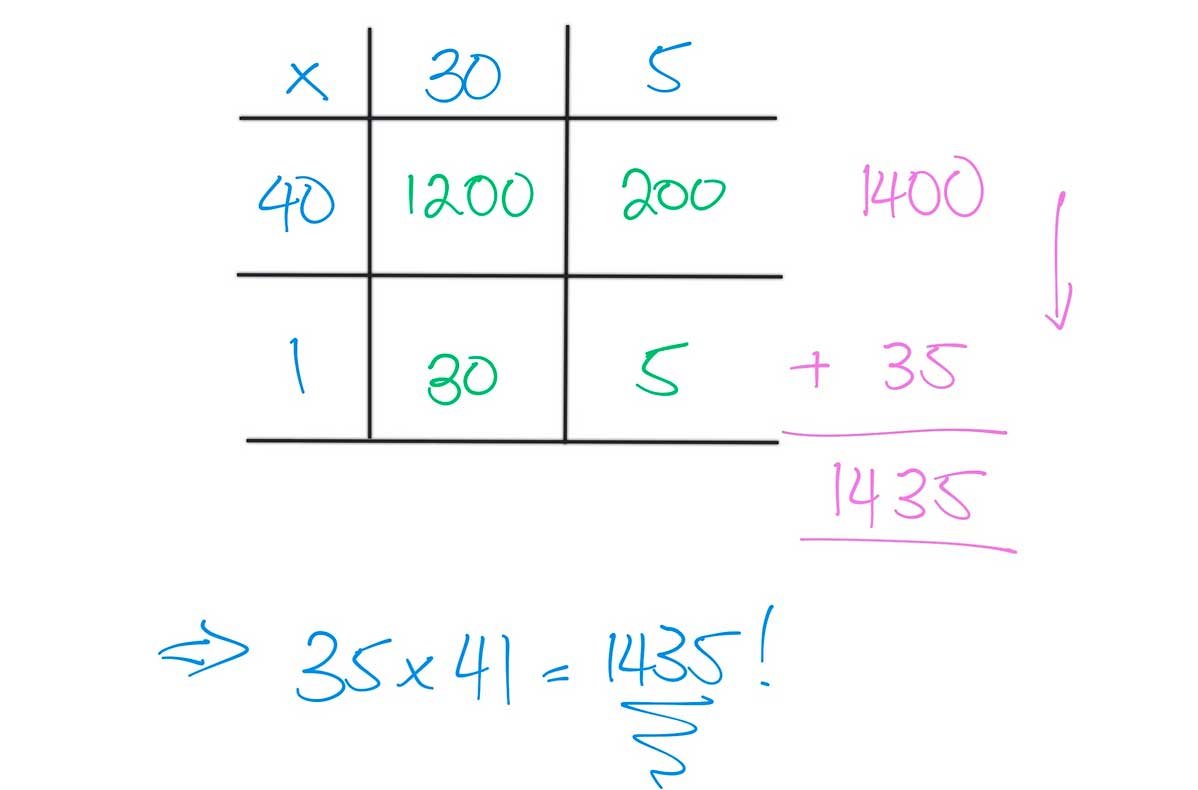
A Brief History of Multiplication Algorithms
The history of multiplication algorithms dates back to ancient times when people used various methods to multiply numbers. One of the earliest multiplication algorithms was the Egyptian multiplication method, which involved repeated doubling and halving of numbers.
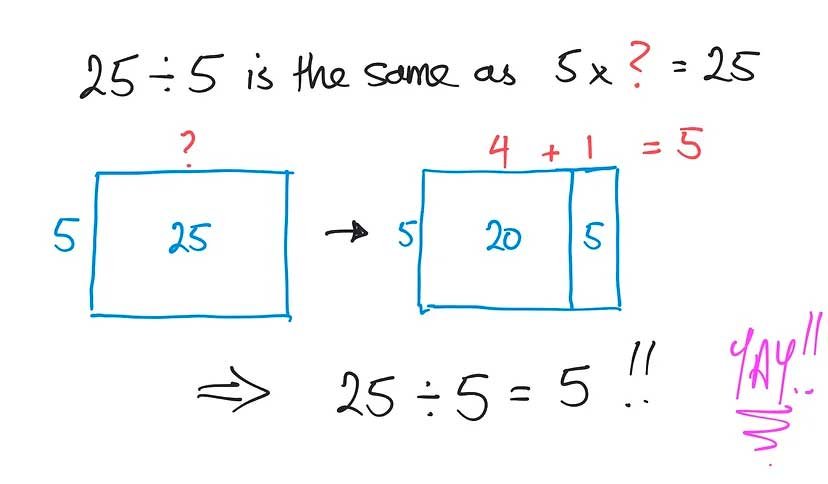
H'Array for Multiplication and Division
I'm going to show you how to link open array division to the short division algorithm and make it make sense to students!

On conceptual mathematics and ADHD
People with ADHD need to engage with their learning in order to be able to understand it. They need to see the patterns and understand the why. Which is why I set out to re-teach fractions, decimals, and percentages.
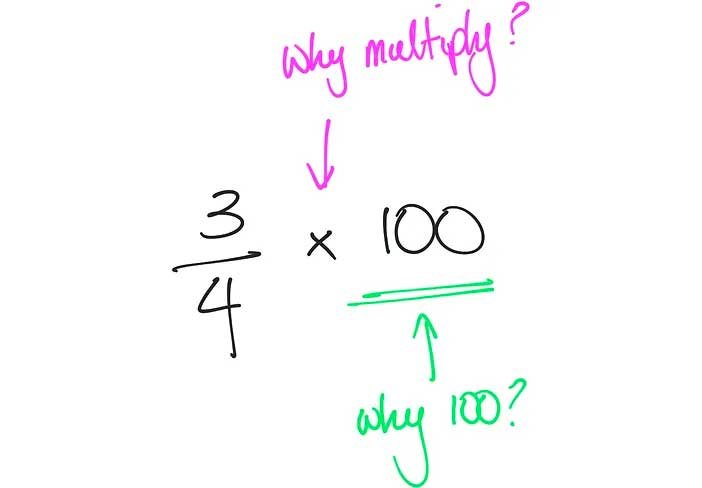
A percentage is just a fraction you haven’t met yet!
What is a percentage? Short answer, it is a fraction of a whole where the denominator, or the number of parts that the whole it partitioned into is 100.
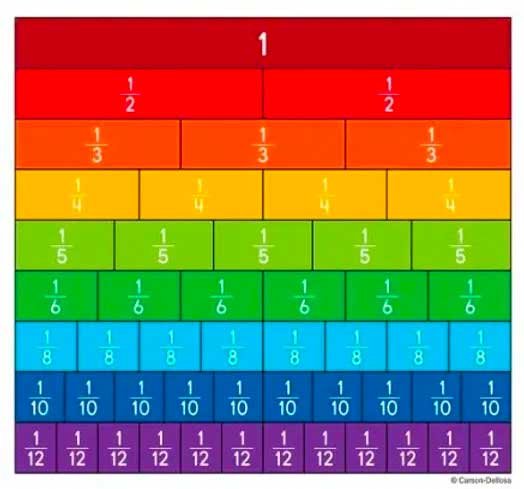
What the fraction? A story of two operations
Fractions! We either love to love or love to hate them. Personally, I really enjoy fractions, and I enjoy teaching them even more. Like most teachers who have gone through the Australian education system, I learned fractions very procedurally, and as a teacher, I started my journey teaching much the same way. However, I was also keenly aware of my own struggles with mathematics and knew that there had to be a better way.

Maths Talks. It’s not only all about number
We often traditionally think of number talks as involving numbers and operations, but they can be anything. For this reason, I think that the term 'Maths Talks' can sometimes be more a more accurate representation of these types of tasks.
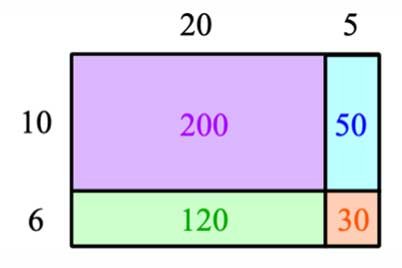
What is number sense and how do I teach it?
Number sense is a relatively new term in maths education. It refers to the ability for students to work flexibly and conceptually with numbers. Research has shown that students who experience the greatest success in maths generally have a deeper, more intuitive understanding of numbers and how they relate to each other.
